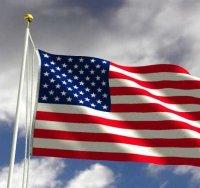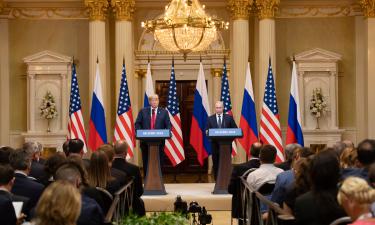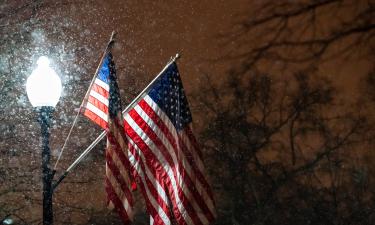United States reaffirms to Japan assessment that export of banned beef parts a unique incident
The U.S. government has reaffirmed its view that the delivery to Japan of a beef shipment containing banned parts thought to be at risk for mad cow disease was a unique case, according to a document released by Japan's Agriculture Ministry on Monday.

The U.S. Department of Agriculture sent the document made available by Japan 's Ministry of Agriculture, Forestry and Fisheries Forestry on its Web site containing its responses to a series of questions Tokyo raised with Washington over its report on the export mishap.
Washington 's report, delivered in mid-February, explained why Brooklyn-based Atlantic Veal & Lamb sent a shipment of veal containing backbone in violation of the conditions Japan set for U.S. beef imports. The shipment prompted Tokyo on Jan. 20 to re-impose an import ban it had lifted less than a month before.
Washington concluded in the report that the mistake was an isolated error and did not indicate deep flaws in the American food safety system.
Tokyo , however, questioned whether the mistake was unique as claimed in the report and whether similar mistakes might occur in other U.S. facilities certified to export to Japan .
"The U.S. has said the case was an exception. We will carefully study the report ... and listen to what U.S. specialists have to say before responding," Agriculture Vice Minister Mamoru Ishihara told reporters Wednesday.
In the document released Monday, the USDA reasserted Washington 's earlier assessment that the mishap was a "unique situation" in that the government inspectors handling the plant had not been informed of Japan 's export requirements. It said it was confident the incident "does not indicate weakness in the overall U.S. beef processing, inspection or export systems."
The veal mishap deepened Japanese suspicions about the safety of American beef, which the report may not allay.
A similar incident in which Swift Beef Co., based in Colorado , included banned bones in a March 11 shipment to Hong Kong has heightened Japanese uneasiness about U.S. beef.
Japanese leaders last week expressed concern over the incident. Hong Kong suspended imports from the company.
Japan , which was once the most lucrative overseas market for U.S. beef, first banned imports in December 2003 after the discovery of the first case of mad cow disease in the U.S. herd.
The ban was eased last December for beef from younger cows, but was imposed again after the faulty veal shipment.
The medical name for mad cow disease is bovine spongiform encephalopathy, or BSE. BSE is a degenerative nerve disease in cattle, and eating contaminated meat products has been linked to the rare but fatal variant Creutzfeldt-Jakob disease, reports the AP.
D.M.
Subscribe to Pravda.Ru Telegram channel, Facebook, RSS!





